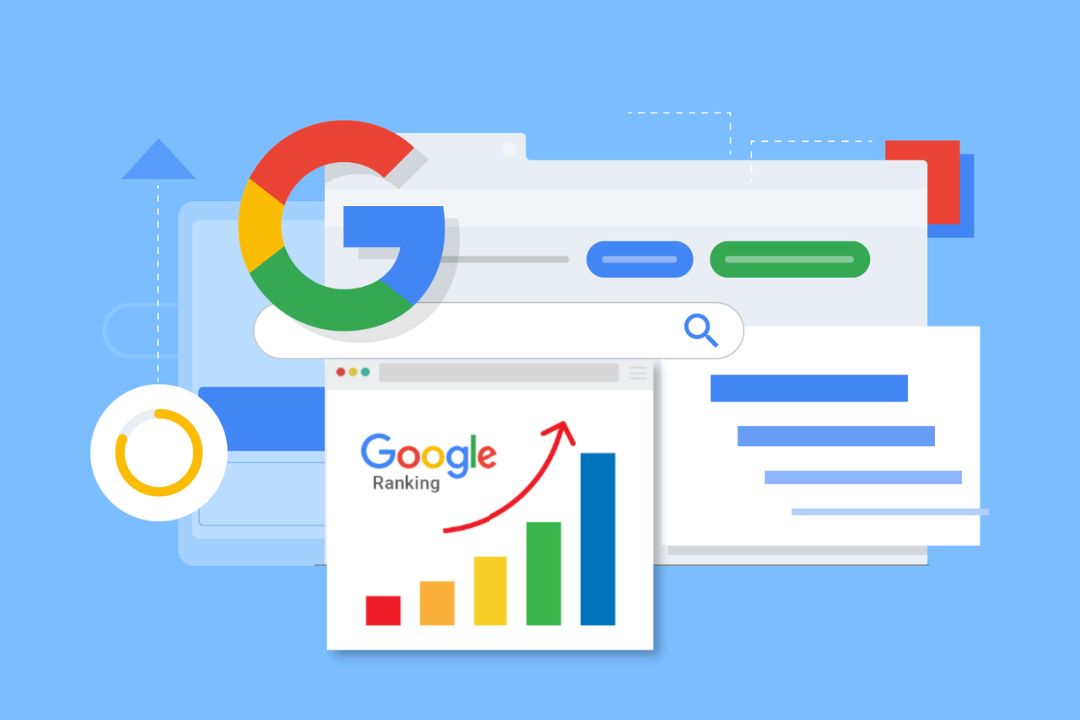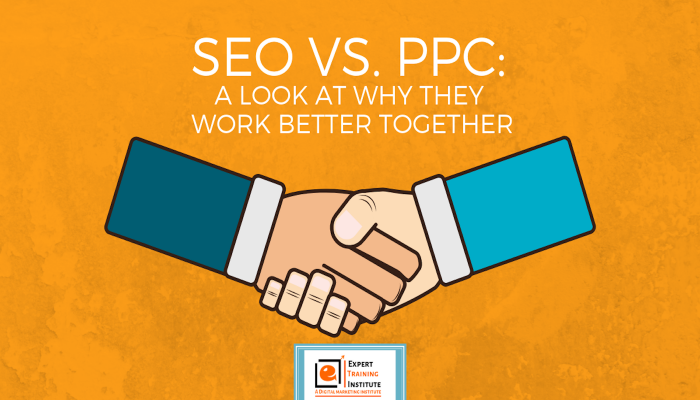8 Tips For Local SEO Every Search Marketer Should Know About
If you are worried about your business not figuring at the top of local pack results of Google then you should do a quick evaluation of the SEO work. See whether you are utilizing all the local SEO options. Here’re the 8 basic local SEO steps that can boost your website for local SEO results.
- Focus on local search when researching keywords
SEO campaigns start with keyword research with Google’s free Keyword Planner tool. It is a gem for generating generic keywords and also it was good for researching location specific keywords until 2015, when Google removed the location search filter from the tool. But you can still draw local search results with the following methods.
- Add the “&near=cityname” after typing URL
- Include “uule” parameter in search. It is a base64 code and “Canonical Name” of a location
- Use software that targets coordinates searches with GPS
After drawing the keywords, you can easily start the SEO job with writing HTML tags and content.
- Look for easy link-building opportunities
Links are the most valuable elements in SEO as each link is counted as a vote by Google. But building organic links takes much time and sometimes the process doesn’t take off. You need more than informative content to attract influencers. Here’re some easy things you can do to involve influencers for quick link exchange.
Search broken links on websites and bring the non-functioning to the notice of the website owners. Also offer help in fixing those links. It is the most convenient way of building organic links.
- Explore more backlink opportunities by studying competitors
Check which sites are sharing links to your competitors and also try finding why you couldn’t convince those sites for link building. Make a list of high authority websites that are exchanging links with your competitors and approach those sites with your backlink offers. Continue your efforts until you get linked to those websites.
- Remove NAP inconsistencies
Name, Address and Phone Number (NAP) are the third most important ranking signal for local pack listings. Make sure that your NAP remains consistent on each link. If there is any discrepancy in the NAP information, it can affect your reliability in the long run.
- Optimize Google My Business listing
Google My Business Listing is the most important ranking factor in local business results. But you shouldn’t stop at just claiming your business listing as there are many things you can do to optimize your listing.
- Curate customer proof
Case studies, reviews and feedback are the most influential content pieces at your disposal. You should not only approach your customers for giving their feedbacks but also encourage the visitors to share their experiences with your business. The feedback could be in the form of a guest post or a video.
- Use structured data markup
Learn about markup data to get featured in rich snippets that can place your website above the Number One on SERPs. But you will need make a couple of markups to get featured in different searches. Luckily software is available for writing and managing markups.
- Track images and videos for ranking
Few businesses know that ranking tools can also measure rankings of images and videos. Optimizing videos and images could be a great help in the long run. Improve videos and images with titles and also write meta tags for them.
Conclusion
Start your local SEO with good research on keywords and also utilize the factors like Google My Business listings to highlight your business in local search results. There are many things you could to improve your website performance on Google local search pack.




